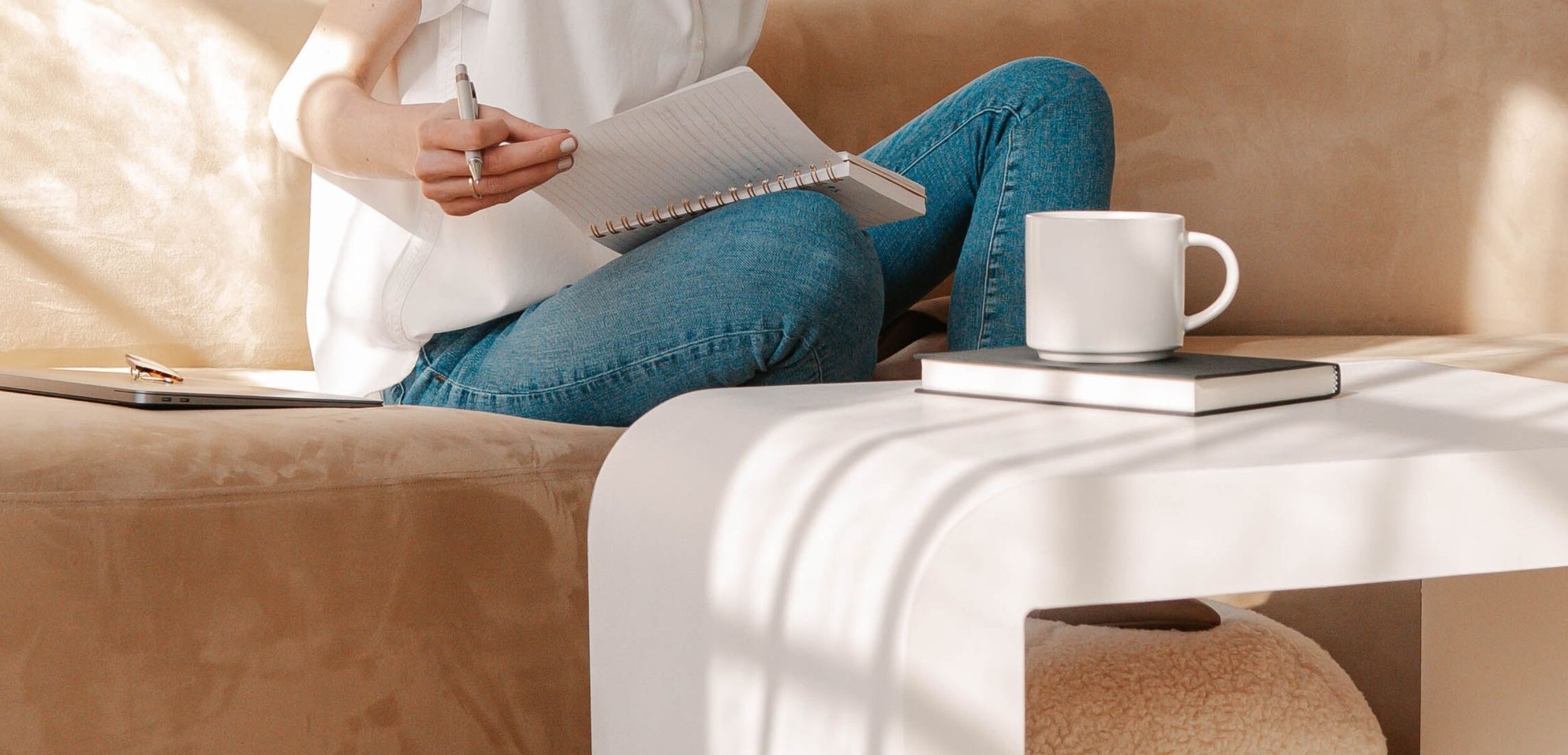What are Coping Skills, and How can they help you?
Life is stressful and challenging. It can often be overwhelming, especially for someone who struggles with anxiety and depression. Coping skills help us manage our stress and prevent us from staying triggered for too long. Coping skills can help calm you down when you feel anxious or when you need a distraction from a stressful situation. Coping skills can be used to manage overwhelming emotions as well, but we also want to practice sitting with these emotional states and not distracting or numbing from them.
What happens when you experience anxiety?
When a person gets triggered or emotionally overwhelmed, anxiety gets activated, and they go into a Fear or Stress Response state. It sets off an internal alarm and activates a series of internal and external physical responses. If someone has significant anxiety, this is when an anxiety attack may occur. When someone is experiencing an anxiety attack it can feel like they are dying. They can experience trouble breathing, rapid heart rate, tunnel vision, feeling dizzy, getting a stomachache or nausea, sweaty hands, and/or start to shake. They can also shut down completely or pass out. Despite these scary symptoms, anxiety itself is not dangerous and it can’t kill you.
How can stress and anxiety negatively impact us?
When someone has a lot of anxiety or just a lot of stress, and they don’t manage it well, it will take a toll on that person. Most people were not taught how to manage and cope with stress well. This has resulted in many people coping quite poorly. Many people tend to numb or dissociate from their stressors, anxiety, or overwhelming emotions. People cope by drinking alcohol, oversleeping, binging on food they know is not good for them, using drugs, and so on. I have no judgement for people who cope this way. They do so because it helps to some degree or they wouldn’t be doing it. I understand and have compassion for the fact that people are seeking relief. I also understand we can’t know what we don’t know, and many people just don’t know there are better ways to cope in life. This is why coping skills are necessary and important to understand. When we use them, we interrupt the anxiety and Stress Response. They allow us to turn off our Fear and Stress Response, and instead, activate our Relaxation Response.
How can coping skills help you?
You may have tried different coping skills in the past, and they didn’t work for you, so you gave up on trying them. Well, the thing about coping skills is they work best when you practice them over and over again, and understand it takes time for your brain and body to respond to them. You are used to coping in the same ways and it takes time for our brains to process new ways of doing things. Anxiety doesn’t like things to change. It will also reject anything new because it’s too ‘scary’ and “probably won’t work anyway.” Right? Does that sound familiar? Thoughts are powerful and will impact how something works.
It is important to incorporate coping skills into your life when you are feeling calm and relaxed. If you practice when you are relaxed, you are teaching your brain these new techniques. So that the next time you are stressed or overwhelmed, your brain will trust these new techniques and actually allow them to work. Otherwise, if you only use these when you are already over-stressed or having a panic attack, our brains tend to reject them.
The easiest coping skill to use is Breath work. It’s also free. You can do it anywhere, and you don’t need anything else to practice it. This is why Breath work is one of my favorite coping skills. Breathing is important and necessary for life. However, most people take really short and shallow breaths, never allowing enough oxygen to be brought in, especially when they over overwhelmed or activated. By not breathing deeply you stay in a disconnected and dissociated place, as you are literally starving your brain of enough oxygen. Believe it or not, but elevation and oxygen levels can really impact anxiety!
Breathing techniques for Anxiety:
4-5-6 breathing: Breathe in for 4 seconds, hold your breath for 5 seconds, breathe out for 6 seconds. Repeat as needed.
Square breathing: Breathe in for 4 seconds, hold your breath for 4 seconds, breathe out for 4 seconds, hold for 4 seconds—repeat several times.
Reverse nostril breathing—gently push down on one nostril. Breathing 3-5 cycles of deep breaths through the single open nostril. Then reverse and repeat while holding down the opposite nostril.
Pursed lip breathing: Breathe in deeply through your nose, breathe out through your mouth, as if you are blowing a kiss, as slowly as possible. Repeat as needed.
Deep Sigh breathing: Breathe in slowly through your nose, breathe out through your mouth with a heavy and dramatic sigh or huff. Let your out breath be loud and fast. Repeat as you need.
You want to practice these techniques or deep breathing for at least 60 seconds, preferably longer. It takes roughly this long to activate our Relaxation Response. Also, you don’t have to count while doing the 4-5-6 breathing, but counting helps your brain focus on the numbers, verse the anxious thoughts that may be spinning. It can also be helpful to place a hand on your stomach and make sure you feel your stomach expand with each out-breath, and pull up with each in-breath. This helps ensure you are breathing deeply enough. Most people tend to breathe only into the tops of their lungs, and not all the way down your diaphragm. See what you notice when you try these techniques. Do they feel comfortable? What do they bring up for you? Notice how you feel before and after trying these.
Each week, for the next few blogs, I will be sharing different types of coping skills and how they can help you manage anxiety and daily triggers. The holidays are coming up and these are often anxiety-provoking. Time with family who may have different values, traveling to stay with others, or having them in your space…Holiday expectations, and/or dietary restrictions…There are many challenges during this time, so I want to give you some tools to get through the next few months, and years to follow, with ease. I hope you follow along and try some of them out for yourself!
Learn more about how I can help you manage your stressors and live a more joyful life by clicking here.
Sarah Seraphina is a Spiritual Activator and Liberation Guide. She is the owner of Nurtured Essence, a healing space, aimed at helping women overcome their past patterns and fears, so they may thrive and live with more power, purpose, ease, and joy. She specializes in working with healers, recovering empaths and “Damsels in Distress”, highly-sensitive women, lightworkers, and women with a sacred mission.



